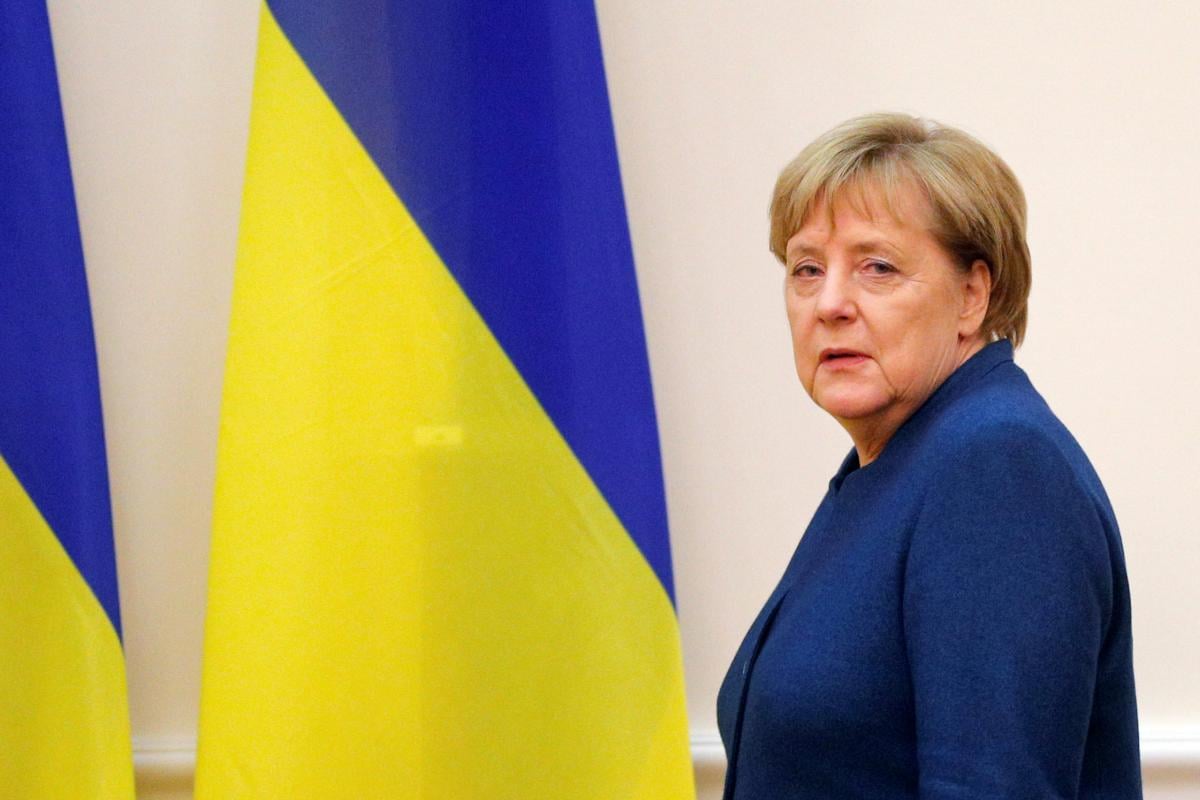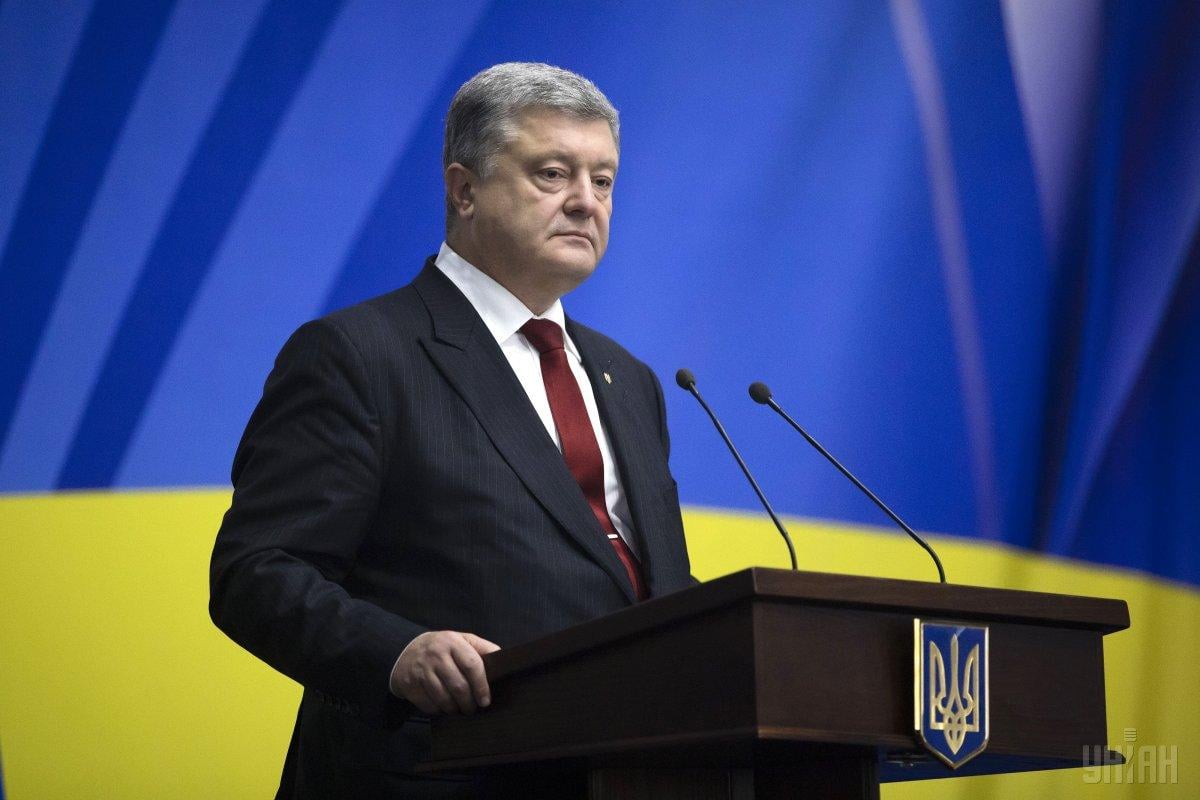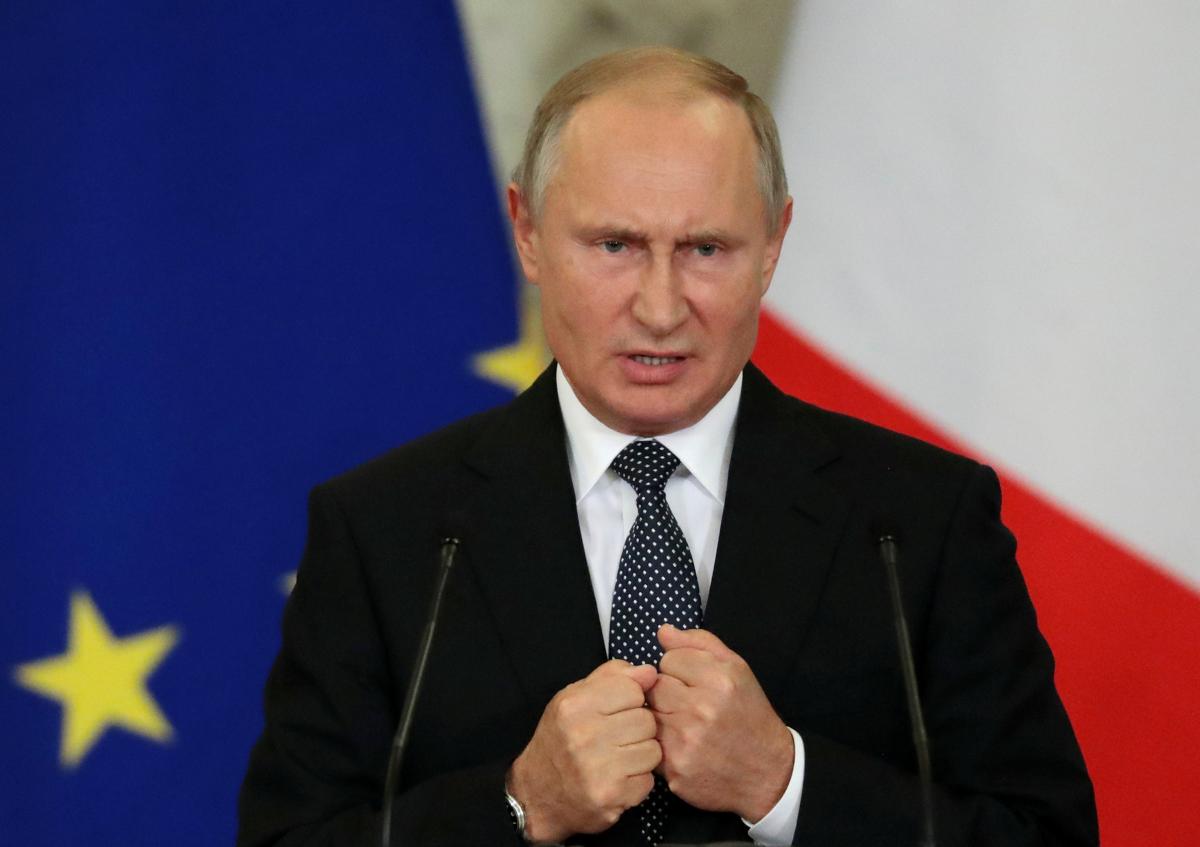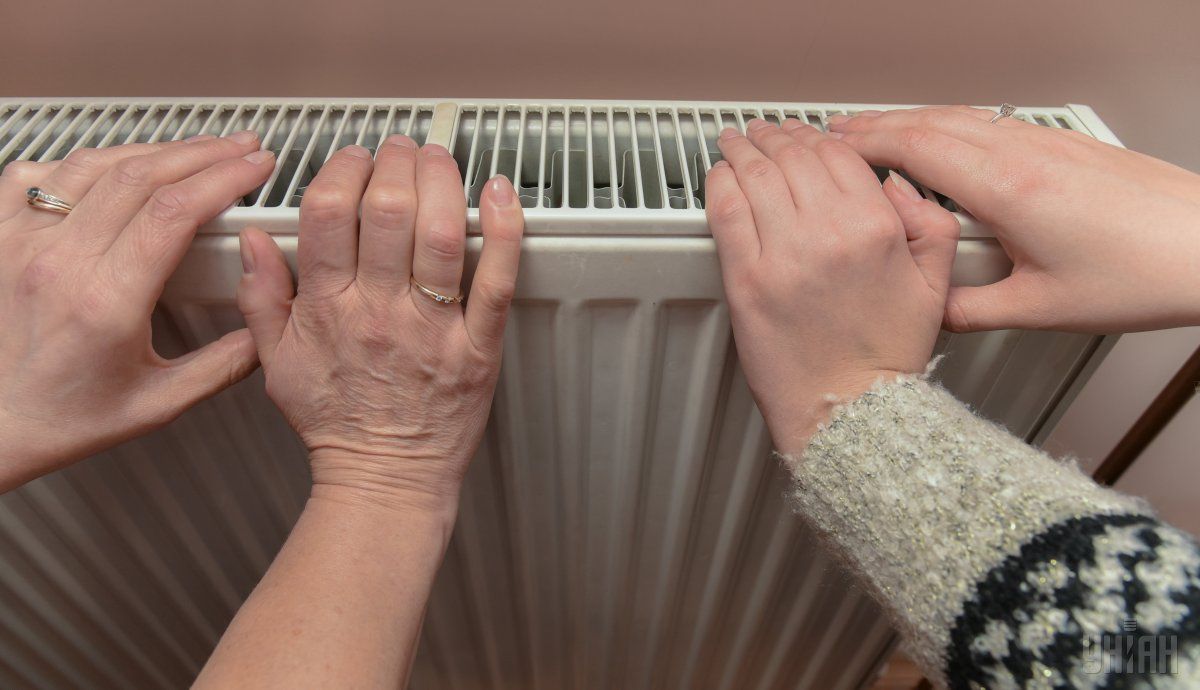
Week's balance: Russian sanctions, progress in Doing Business, and gas price hike
Ukraine has risen five positions in the Doing Business ranking, Russia imposed sanctions on Ukrainian politicians and a number of companies, while Germany's Angela Merkel during her Kyiv visit promised more economic assistance and wider bilateral trade.
For the first time since 2015, German Chancellor Angela Merkel arrived in Kyiv on an official visit. Many experts have already branded it a "farewell" tour because it is likely to be Merkel's last trip to Ukraine in the position of Chancellor. In Kyiv, the head of government of Ukraine's largest European partner held talks with President Petro Poroshenko, Prime Minister Volodymyr Groysman, and Verkhovna Rada Speaker Andriy Parubiy. During the meetings, the parties discussed issues of the development of bilateral relations, the conflict in Donbas unleashed by the Putin regime, the implementation of the Minsk agreements, as well as international sanctions against Russia.
Merkel said she was in favor of extending the sanctions, and supported Ukraine’s policy of deepening European integration, further political and economic reforms, including the decentralization process. In addition, the heads of the Ukrainian and German governments set the task to increase bilateral trade to EUR 10 billion from the current year’s benchmark of EUR 8 billion.
Ukrainian officials called on German businessmen to continue actively investing in the development of our economy. “We discussed directions for further stimulating German investment in the economy of Ukraine. I'd like to recall that Germany is the leading investor in the Ukrainian economy at EUR 1.7 billion,” said Poroshenko.
Of course, Ukrainian politicians could not help but raise the issue of Germany’s participation in the Russian project to increase gas supplies to the EU bypassing Ukraine, the Nord Stream-2 pipeline which is now under construction.

Merkel noted that she was not as critical of the project as Ukrainian officials and politicians were, and once again stated that Ukraine should get guarantees of preserving the role of the gas transit state.
Doing business becomes easier
One of the major news this week was also Ukraine's climb in the Doing Business-2019 ranking. According to the World Bank, the country has risen from 76th spot to 71st.
President Petro Poroshenko at a Wednesday meeting with businesses said that Ukraine’s goal is to be among the TOP 50. According to the head of state, Ukraine’s 71st place does not leave him satisfied: “Ukraine deserves better.”
Poroshenko noted that Ukraine could significantly improve its current position if the law on the bankruptcy procedure were adopted a few months earlier. He has also pointed out that it is necessary to solve the problem of connecting businesses to power grids, which in the future will positively affect the country's ranking.
By the way, during a meeting with the businesses, Poroshenko also paid attention to other important topics. He promised that within the next two weeks he would sign the Bankruptcy Code earlier adopted by the Verkhovna Rada. Its entry into force, the president says, is an essential step to ensure efficient and fast bankruptcy procedures, and will also have a positive impact on Ukraine’s ranking in Doing Business next year.
In addition, at the same meeting with businesses, Poroshenko signed the law simplifying the mechanism for bringing to responsibility the investigators, prosecutors, law enforcement officers for their illegal actions canceled by the court.

“In simple terms, those guilty of unlawful persecution of businesses will bear personal responsibility," the president said.
Poroshenko also urged the Verkhovna Rada to speed up consideration in the second reading of the law on a business ombudsman, which, he said, would add transparency and efficiency in protecting property rights in Ukraine.
Another important statement by the head of state was that, contrary to the comments of experts and the IMF, who were concerned about possible cuts in state budget revenues, he does not intend to abandon the idea of imposing an exit capital tax.
The President noted that if earlier the International Monetary Fund unequivocally opposed the introduction of such a tax in Ukraine, now the IMF perceives the idea more positively - the whole problem lies in the development of compensatory mechanisms and the calculation of budget risks.
Moreover, Poroshenko noted that by introducing the tax, labor productivity could be increased because this would allow businesses investing in upgrading their capacities. According to the president, only in this case Ukrainian employers can become more competitive compared to European ones.
“The labor market must be competitive. But this is achieved not only by salary increase, but also by labor productivity. Only combining these factors will give the correct answer,” the head of state said.
Poroshenko is confident that, despite the fears of experts who predict the loss of budget revenues in the amount of 1.2% to 1.5% of GDP and the statement by Prime Minister Groysman that the ill-conceived imposition of the exit capital tax may lead to a financial crisis, it could in fact give a significant boost to the Ukrainian economy.
Poroshenko also opined that Ukraine could do without external borrowing if it were not for the peak payments on old debts in 2019. The President recalled that in 2005-2013, Ukraine’s state debt grew by more than $50 billion.
Putin's sanctions list

The passing week was also remembered by a strange move made by the government of the neighboring aggressor state who imposed sanctions on a number of Ukrainian politicians, as well as large and not very large companies, in line with Vladimir Putin's decree. The “black list” includes 322 Ukraine nationals and 62 legal entities.
The sanctions provide for the freezing of non-cash funds, documentary securities and property in Russia. Russia says sanctions are aimed at countering "unfriendly actions against Russian citizens and legal entities on the part of Ukraine and on the normalization of bilateral relations."
The Russian-style "normalization" of relations caused a wave of ridicule in Ukraine. Ukrainian businesses responded in the spirit of “we have no assets in Russia and do no business there, therefore we couldn't care less about these sanctions.” Moreover, a number of companies took the sanctions as a recognition of their merits in protecting the interests of Ukraine and their correct business strategy.
Many experts noted that Russian sanctions may even be beneficial for Ukrainian businesses. After all, for companies this will be an incentive to expand the geography of their exports, especially in the current conditions. By the way, the American trade mission arrived in Kyiv this week, while Germany and many other countries show interest in enhancing bilateral trade with Ukraine.
In general, the experts believe that even if we consider that Ukraine had also introduced sanctions against the Russian Federation, although not on such a scale, the Ukrainian government should not leave Moscow's step unanswered and in the near future significantly toughen sanctions against Russia, which in 2014 unleashed its bloody war against Ukraine.
New gas tariffs

The government’s decision to increase gas tariffs for the population came into force this week. From November 1, they increased by 23.5%, to UAH 8,550 per 1,000 cubic meters.
Such a move by the Cabinet of Ministers was dictated by the need to continue cooperation with the key creditor, the International Monetary Fund, and agree on a $3.9 billion bailout program. This should preserve Ukraine’s financial stability in 2019, when the presidential and parliamentary elections will be held and the country will pay out a record sum on foreign debts.
However, such an explanation is not very reassuring to people, as an increase in the cost of gas by almost a quarter will significantly affect the vulnerable segments and lead to an increase in other tariffs. Gas costs account for more than 85% in heating tariffs; therefore, in the near future we can expect the decision of the National Energy and Utilities Regulation Commission on a corresponding increase in heat and hot water tariffs.
At the same time, there is no time for the NEURC to deliberate as heat suppliers are already buying gas at a new price, while selling heat at the old tariffs. Such a discrepancy could lead to another round of growth in debt of utility companies for gas before Naftogaz.
However, so far, Ukrainians are lucky with the weather. The beginning of autumn is as warm as ever so local authorities are in no hurry to supply heat to apartment blocks, which made it possible for Ukraine to boast record high gas reserves as of November start over the past 4 years.
According to Naftogaz, as of October 30, some 17.1 billion cubic meters of gas was accumulated, which is 2% higher than for the same period last year. As noted in the press service of the state-owned energy giant, Ukraine now has reserves sufficient for a stable passage of the heating season.
Next week, the Verkhovna Rada will return to its plenary work, the State Statistics Committee will report on inflation in October, while Ukraine will face a cold weather wave, which will be a hint that winter is not far off and it's time to turn on the central heating.
Yelizaveta Dorontseva

